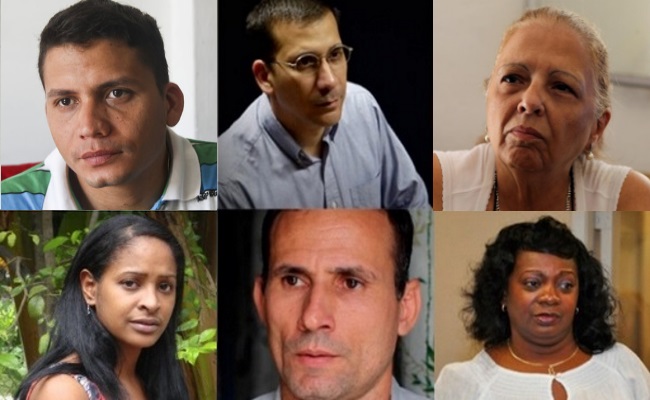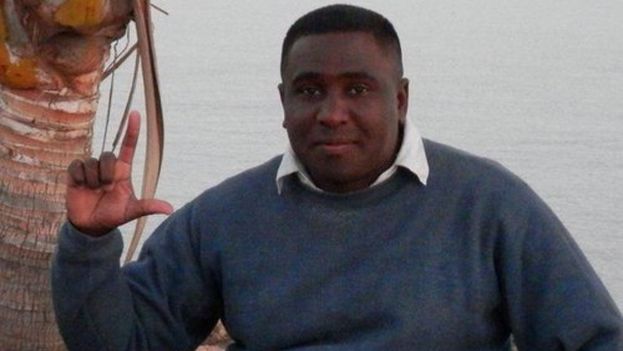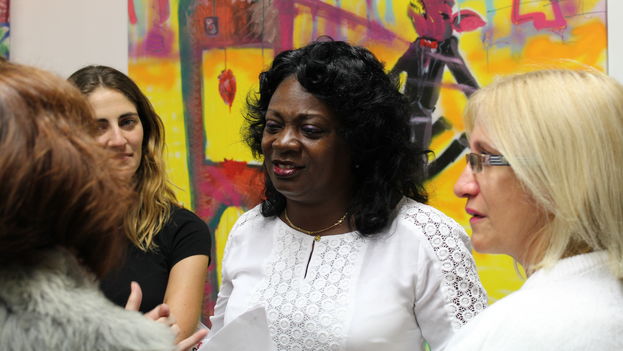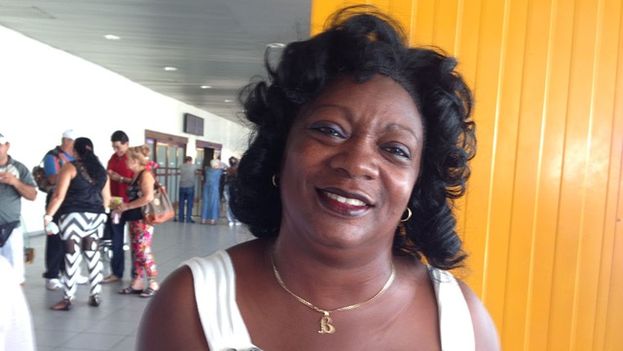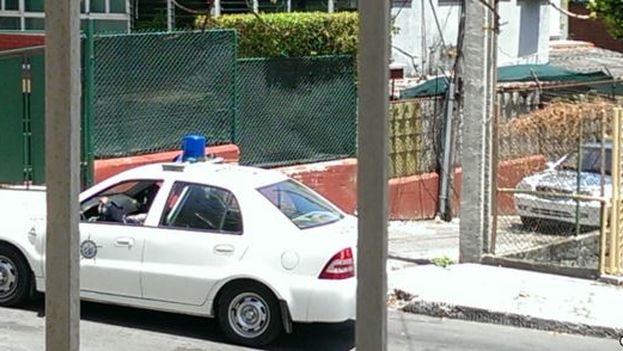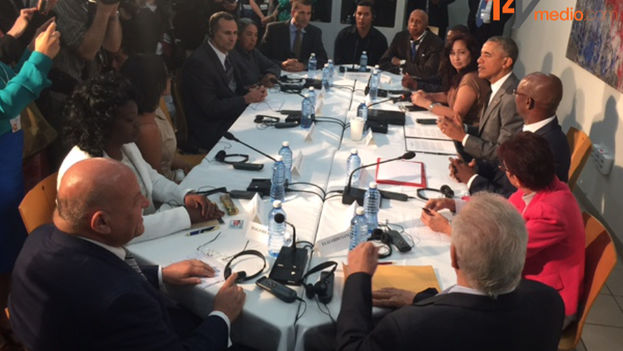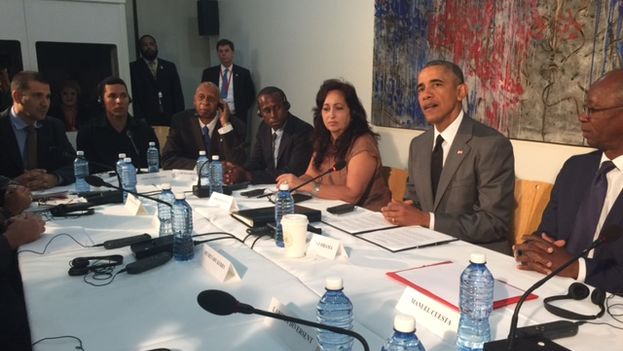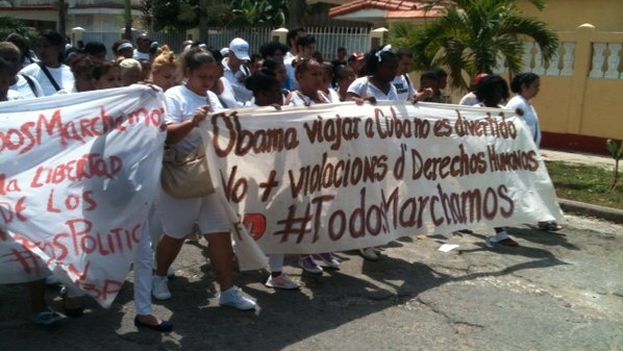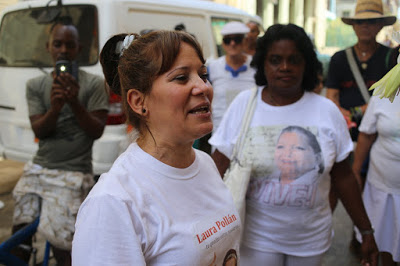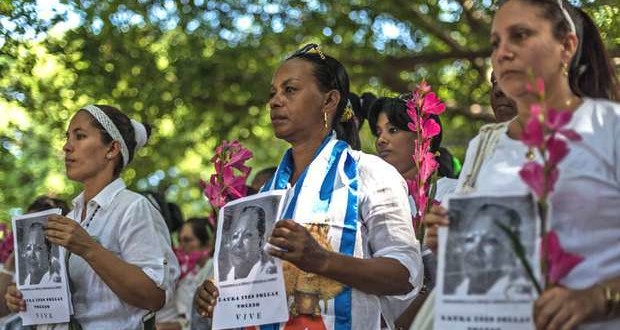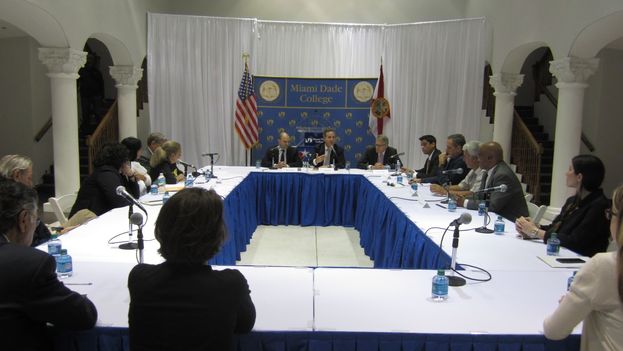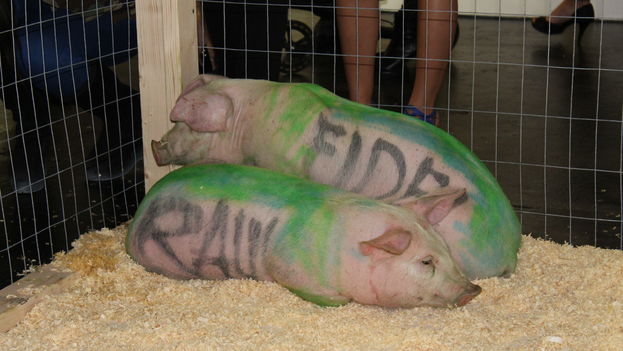Ivan Garcia, 7 March 2016 — Between repression by the regime and the disdain of democratic governments, peaceful opposition in Cuba is paying too high a price for its shortcomings and lack of popular support. But let us not forget that they are victims, not the ones responsible for our national disaster.
The best screenwriters are undeniably good at turning villains into saints and can very discretely upend the ethical values of their readers and viewers.
Even those who never run a red light are pained to see criminals like Vito Corleone in The Godfather or Pablo Escobar in a Colombian mini-series caught and crushed by law enforcement. continue reading
The moral reversal that leads an audience to applaud when a bank robber escapes with the money in a Hollywood film is applicable to political dramas as well.
I find it hard to believe that François Hollande or Barack Obama, presidents of stable democracies, are thrilled at the prospect of sitting down with a consummate autocrat like Raul Castro.
The government of the Castro brothers has all the ingredients of a true dictatorship. Cuba is the only country in the concert of western nations that outlaws independent political parties and non-governmental media outlets.
Let’s get serious. While economic strain will always be better than sanctions, one cannot ignore certain basic truths. Cuba is no El Dorado when it comes to business. The country lacks an independent judiciary and a regulatory framework, essential elements for local entrepreneurs. The domestic market is also small and has limited purchasing power.
The game plan could be a bit more subtle. The goal of this political chess match is to dismantle the Castro’s economic and ideological madhouse with a high-profile strategy.
But leaders of democratic countries should not sidestep Cuba’s opposition figures, much less take selfies with them in back rooms just to appear politically correct.
The Castros are not the movie’s good guys. They are part of an entrenched gang that confuses democracy with personal loyalty. The failure of the revolution, the inefficiency of the system and material hardships were not caused by the opposition, none of whom hold any official positions.
I understand that one must negotiate with those in power. And the Castros have almost absolute control in Cuba. But not listening with your own ears to those who are being repressed is a huge political blunder for those who present themselves as democrats.
And that is what is happening. Since the restoration of diplomatic relations on December 17, numerous important American politicians and officials have visited Havana. Very few of them, however, have met with any dissidents or, if they have, they have spoken only with that segment of the opposition that approves of change.
They have always been last minute meetings involving coffee and ambiguous speeches. They end with an official looking at his watch, then quickly saying goodbye lest he miss his flight. This pattern could be observed on August 14, 2015 after the opening of the US embassy in Cuba.
The Department of State has not extended invitations to any dissidents or independent journalists. The one previous meeting was brief. When it was time for the batboys to gather up the equipment and photos were being taken — Cuban dissidents love to have their pictures taken — the talk turned to trivial issues.
It is not known if Barack Obama or the American embassy has scheduled any meetings with opposition figures or independent journalists during the upcoming presidential visit, scheduled for March 21 and 22.
The Cuban dissident movement is not a virtuous wasteland. Quite the opposite. Though marginalized, beaten and censured, its members continue to pound their fist on the table with authority. They do not, however, have an effective strategy for attracting followers from the ranks of ordinary Cubans.
They walk through the streets as though invisible. Their lobbying efforts are directed overseas. They have not been able to engage or enlist their neighbors to their cause. And communitarian, political initiatives such as Candidates for Change, an effort to promote democracy through participation in parliamentary elections, is looked down upon by some dissident leaders.
Is there disagreement? Yes, there is. A reasonable approach in such a contentious situation would be to come up with a common platform in which various groups or factions can agree on at most three or four common points.
This was the approach tried in 1996 by the Cuban Council and more recently in Venezuela by the Unity Roundtable for Democratic Action. But the towering egos of the dissidents always gets in the way of their good intentions.
Are they receiving money from US government foundations? Certainly. Engaging in political acitivism takes money. The strategy should be one of transparency, democracy within organizations and accountability.
Purists might see this as interference by a foreign government in the internal affairs of a sovereign state. But I would assure them that not one cent has been spent on the purchase of arms, the preparation of Molotov cocktails or for drafting a plan to assault a military barracks, as Fidel Castro did on July26, 1953.
The funds that the US government gives to dissident groups are public expenditures. The bulk of the money is spent on bureaucracy or goes into the pockets of those in Florida who have turned anti-Castroism into an industry.
It is also certainly true that there are and have been dissidents in Cuba who appropriate what is not theirs. Shortages, a lack of civic mindedness or lack of self-control have led some to act like tribal chieftains.
But you cannot put everyone in the same boat. Corruption and a lack of transparency are even worse in the regime. A dissident is not divorced from the reality in which he lives.
If they behave like a Fidel Castro in civilian clothes, it is because they were born and grew up in a country led by military strongmen. Both dissidents and government officials wear guayaberas. They do not know how to take advantage of new tools like the internet, their speech is filled with jargon and they do not know the value of smiling for the cameras.
The shortcomings of Castro officials are replicated in their antagonists. But there is one notable difference: peaceful opponents endure physical assaults, arrests and acts of repudiation.
Democrats from western countries would be acting consistently with their own teachings if they listened to the frustrations of the opposition. It would be a good way to avoid betraying themselves. Politics is the art of the possible.
Ivan Garcia
Marti Noticias, March 3, 2016
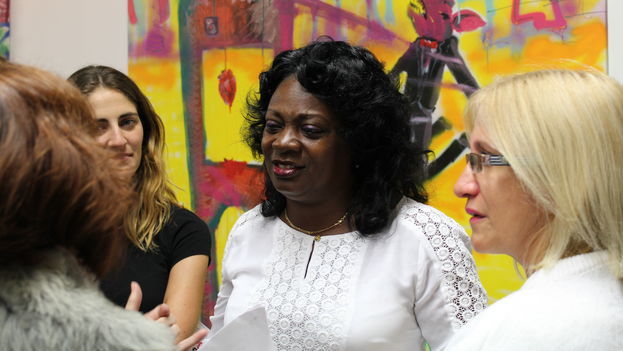
![]() 14ymedio, Havana, 15 December 2016 –The leader of the Ladies in White, Berta Soler, was arrested Thursday in the morning when she was about to leave the headquarters of the organization in the neighborhood of Lawton, Havana, in order to connect to the Internet.
14ymedio, Havana, 15 December 2016 –The leader of the Ladies in White, Berta Soler, was arrested Thursday in the morning when she was about to leave the headquarters of the organization in the neighborhood of Lawton, Havana, in order to connect to the Internet.
